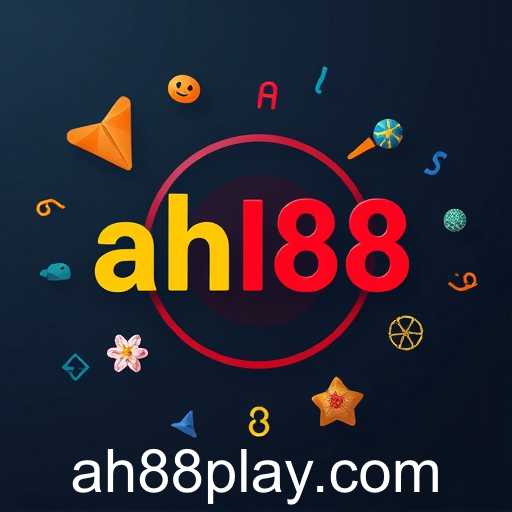In the digital age, learning has transcended traditional classroom boundaries, with technology offering new and engaging ways to acquire knowledge. One such innovative avenue is vocabulary games, which have gained popularity for their ability to make language learning fun and interactive. A popular category within this realm is the 'ah88' keyword on various websites, drawing a diverse audience interested in boosting their vocabulary skills.
Vocabulary games under the 'ah88' category are designed to enhance linguistic abilities by challenging players with fun and engaging tasks. These games typically employ creative methods, such as puzzles, quizzes, and interactive word associations, ensuring the learning process is both effective and enjoyable. By incorporating elements of competition, such games also appeal to players’ intrinsic motivation to improve their scores, thus deepening their engagement with the learning content.
Notably, these games cater to a wide range of audiences, from young students embarking on their educational journey to adults seeking to refine their language skills. For students, vocabulary games offer a refreshing break from the conventional memorization techniques used in classrooms. Instead of rote learning, students can immerse themselves in scenarios that require critical thinking and problem-solving, thereby enhancing their ability to understand and use new words in context.
For adults, the 'ah88' vocabulary games provide a practical platform to expand their lexicon, whether for professional development or personal interest. These games often feature various difficulty levels, allowing individuals to select challenges that match their current proficiency and gradually advance as they acquire confidence and expertise in their language abilities.
Additionally, vocabulary games can serve as an effective tool in multilingual environments. Individuals learning a new language can utilize these games to practice and master vocabulary, which is pivotal for achieving fluency. Interactive language-specific games often encompass pronunciation guides and contextual usage, aiding users in grasping nuanced meanings and applications of words.
Moreover, the accessibility of vocabulary games makes them an ideal resource for continuous learning. Available on various digital platforms, they offer flexibility, allowing users to engage in educational activities on-the-go. This convenience not only facilitates consistent practice but also fosters a habit of lifelong learning.
In conclusion, vocabulary games categorized under the 'ah88' keyword represent a valuable intersection of education and entertainment. Whether users aim to increase their vocabulary for academic purposes, improve their verbal skills for career prospects, or simply enjoy a stimulating brain exercise, these games offer a dynamic and rewarding approach to language learning.








